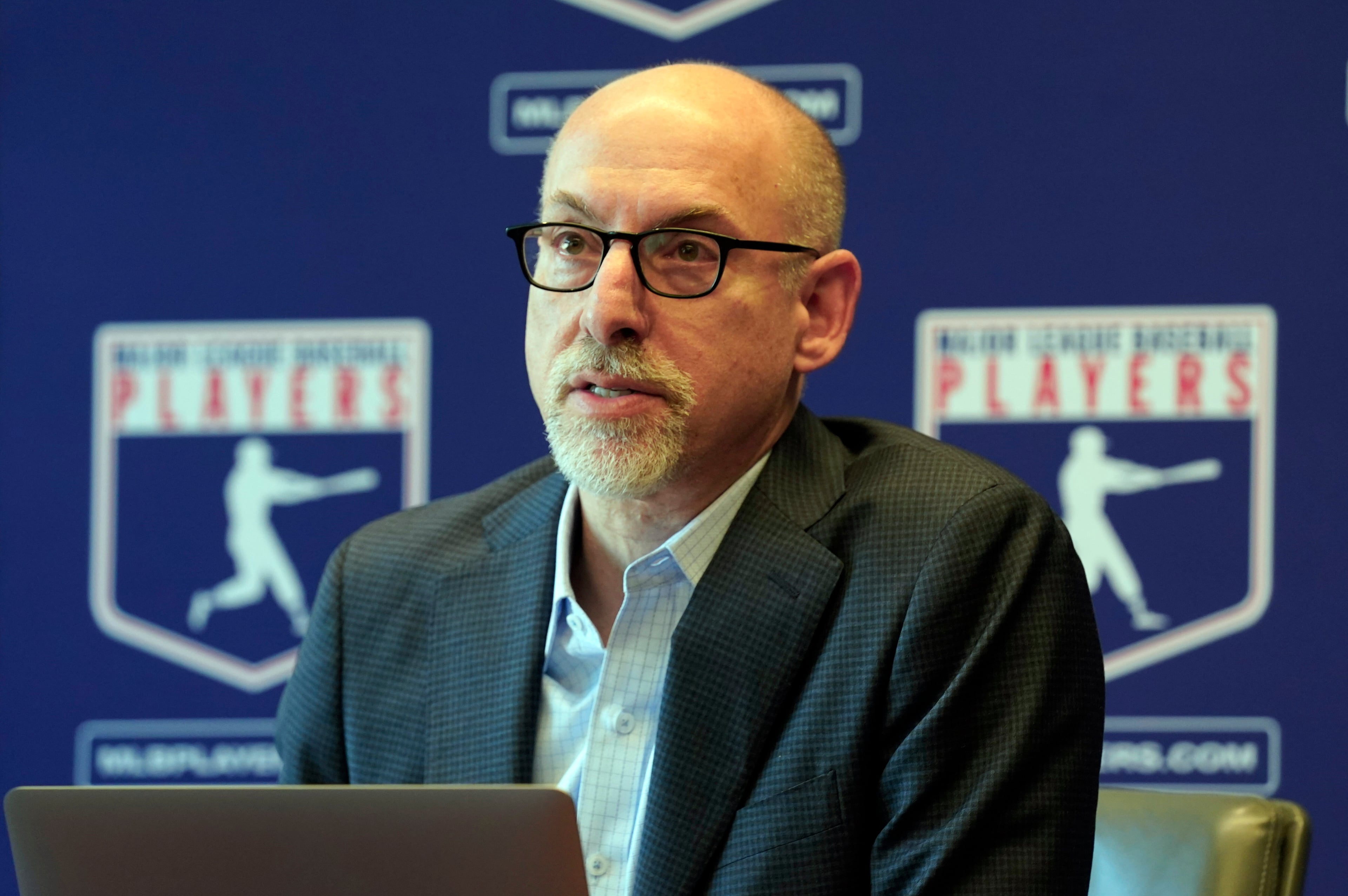FIRST PERSON | BARRY HIRSCH
As told to Michelle Hiskey, for the AJC
College athletes are highly unlikely to unionize, says Georgia State University economist Barry Hirsch, the W.J. Usery Chair of the American Workplace at the Andrew Young School of Policy Studies. He expects athletes at most schools will not have legal status as employees, which is required for unionization.
The narrow recent decision by the National Labor Relations Board in Chicago about football players at Northwestern isn’t directly about unions. It simply determined that college athletes at one private university are more like employees than students, and could unionize with majority support. The board ruled that Northwestern’s scholarship football players receive pay in the form of room, board, tuition, and provide services in return. They have limited control over their time, must miss classes, and are restricted in their choice of courses. For parts of the year, an athlete is effectively a full-time employee.
Like an employee whose salary depends on job performance, renewal of an athlete’s scholarship can depend on athletic performance. That started with a 1973 NCAA decision that coaches can withdraw scholarships absent participation. This played a role in the NLRB’s decision.
The NLRB ruling is unlikely to lead to widespread unionization. Most big-time athletics is at public universities and NLRB rulings apply to the private sector. Student-athletes at public universities wanting to unionize must follow public sector bargaining laws. These differ by state, and several states in the South do not permit collective bargaining among public employees. Georgia has very limited public sector bargaining, and would need to pass state labor laws that enable athletes at its public universities to organize. Such enabling will not be high on the legislative agendas of states whose flagship public universities play football in the SEC and ACC.
If upheld, the NLRB ruling gives these Northwestern athletes the right to organize, which would provide greater voice, the possibility of long-term medical insurance coverage for injuries and, potentially, greater financial compensation. The ruling is limited to scholarship players at private colleges who are more like employees than students. The NCAA is the big elephant in the room. The threat of change has caught its attention. Expect the NCAA to change how student athletes are compensated and controlled, so they will not be considered employees under the law.
These will be modifications around the edges, not large-scale changes, because college sports involve big-time money. Across American industries, management resists unionizing efforts that limit their discretion on dividing revenues. Universities will behave similarly. The tradition of amateur college athletics could end, not from unionization but instead from a victory by college athletes in their current (or some future) antitrust case against the NCAA.


